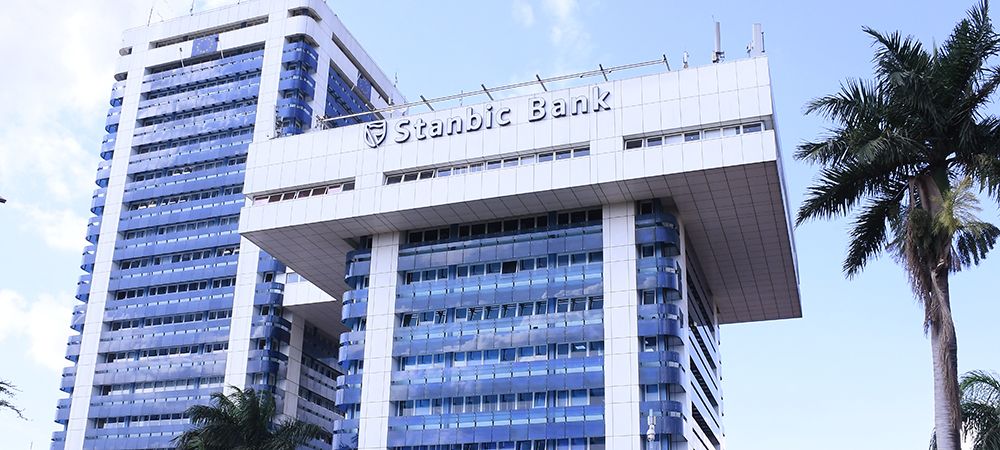Apple Pay is Apple's own mobile wallet solution used to allow iPhone users to pay with their mobile devices. Apple's iPhones run exclusively on Apple's operating system (‘iOS'), with which they formed a ‘closed ecosystem'. Apple controls every aspect of this ecosystem, including mobile wallet developers' access to it.
The Commission preliminarily found that Apple enjoys significant market power in the market for smart mobile devices and a dominant position on mobile wallet markets on iOS. Apple Pay is the only mobile wallet solution that may access the necessary hardware and software (‘NFC input') on iOS to enable mobile payments in physical stores. Apple does not make it available to third-party mobile wallet app developers.
On 2 May 2022, the Commission informed Apple of its preliminary view that such exclusionary conduct may restrict competition in the market for mobile wallets on iOS devices, in breach of Article 102 of the Treaty on the Functioning of the European Union (‘TFEU')
The proposed commitments
To address the Commission's competition concerns, Apple has offered the following commitments:
- To allow third-party mobile wallet and payment service providers to access and interoperate through a set of Application Programming Interfaces (‘APIs') with the NFC functionality on iOS devices free of charge, without having to use Apple Pay or Apple Wallet. Apple would create the necessary APIs to allow equivalent access to the NFC components in the so-called Host Card Emulation (‘HCE') mode, a technology issued to securely store payment credentials and complete transactions using NFC, without relying on an in-device secure element.
- To apply the commitments to all third-party mobile wallet app developers established in the European Economic Area (‘EEA') and all iOS users with an Apple ID registered in the EEA. Apple will not prevent the use of these apps for payments in stores outside the EEA.
- To provide additional features and functionalities, including defaulting of preferred payment apps, access to authentication features such as FaceID and a suppression mechanism.
- To apply fair, objective, transparent, and non-discriminatory eligibility criteria to grant NFC access to third-party mobile wallet app developers, who will have to conclude an ADP license agreement to have access.
- To establish a dispute settlement mechanism under which Apple's decisions denying access to NFC input will be reviewed by independent experts.
The commitments offered by Apple would remain in force for ten years. Their implementation would be monitored by a monitoring trustee, who will report regularly to the Commission.
Apple is not off the hook yet
Article 9(1) of Regulation 1/2003 enables companies investigated by the Commission to offer commitments in order to meet the Commission's concerns and empowers the Commission to make such commitments binding on the companies.
However, Article 27(4) of Regulation 1/2003 requires that before adopting such decision, the Commission shall provide interested third parties with an opportunity to comment on the offered commitments.
Therefore, the Commission invited all interested parties to submit their views on Apple's proposed commitments within one month (February 19, 2024) of the publication of a summary of the proposed commitments in the EU's Official Journal.
Feedback from interested third parties might necessitate the Commission requiring further commitments from Apple. These inputs could trigger further investigations into Apple and associated entities within the ecosystem that support Apple's control over its NFC technology, regardless of its pledges.
We will continue to monitor developments to see if regulators in the US, UK, Asia, and Africa decide to emulate the EU Commission's approach.








